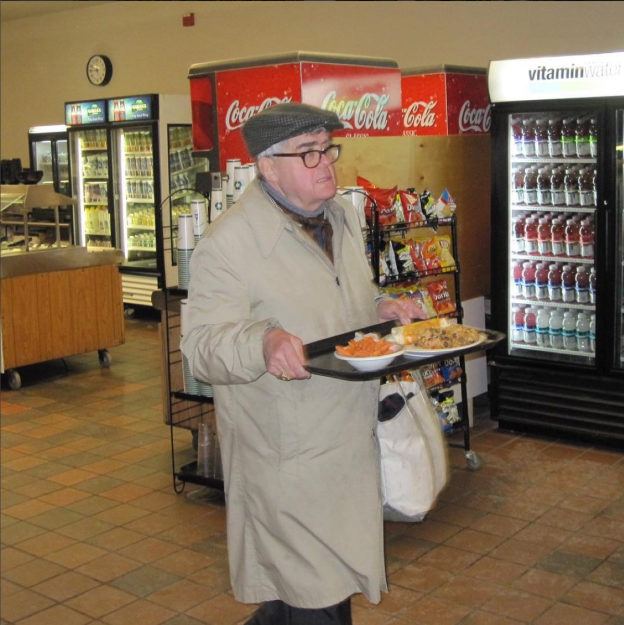“Leadership Values”
Informant Information:
Jeanette has a son who has Down Syndrome. He is nineteen years old, and has been a member of the “My Own Voice” choir for a few years. “My Own Voice” is a choir for children with special needs in Andover, Massachusetts.
Type of Lore: Not Applicable
Language: English
Country of Origin: United States of America
Social/Cultural Context: This story again is not folklore, but it is a kind of story that often has a shared sentiment among special needs families. These more personal stories are typically shared individually or with close friends of the family.
Informant Comments:
Angelina,
I’m going to take a stab at this. This is one of my favorite stories about [my son]. Feel free to pare it down if it’s too long or to let me know if I need to make changes so it’s meaningful to your project.
A few years back, when he was 15 years old, [he] attended a summer day camp program in which he was the oldest child there, and one of only a couple with intellectual disabilities. [He] had attended this summer program since he was 8 years old, so he was a senior camper and really knew all the routines. Two days a week, the campers travelled by bus to an indoor pool to swim. [He] always sat with a very young child named Mitchell (not his real name). Mitchell was a very active child, but when he was with [my son], he was always compliant and very well behaved. One day, [he] had an early morning appointment and we dropped him off at the pool later. The camp counselors were very happy to have [him] there for the ride back to camp because Mitchell had been pretty tough to deal with on the way to the pool that morning. The ride back was much more calm because Mitchell had his mentor and role model there.
In my family we value intellect and leadership. [My son] has Down syndrome; so, he has intellectual disabilities. This was the first time I ever thought of my son as a leader and role model to others. I had an amazing feeling of pride.
Since then, I have experienced his leadership first hand when we are home for the holidays and he is monitoring the play among his younger cousins. They are old enough to realize their cousin has special needs, but because he’s older, they respect and look up to him as a role model. When he tells them they need to take turns and that they need to be nice to one another, they listen and respond well. My siblings have noted this as well.
I’ve always been told that it’s important that [he] have access to “typical” peers to model age appropriate behavior for him. It never occurred to me that he could be a leader and role model to others and that they would learn appropriate behavior from him; nor did it occur to me that this passion could potentially lead to a fulfilling job or volunteer opportunity as an adult.
Jeannette
Collector’s Comments:
We found this story relayed similar sentiments addressed in the Holland Poem. Families who have a special needs child often redefine their expectations for their children, and are then even more astounded by their accomplishments. We feel very fortunate to have been trusted with this submission.
Tags/Keywords: Special Needs, Children, Story, Leadership, Expectations



